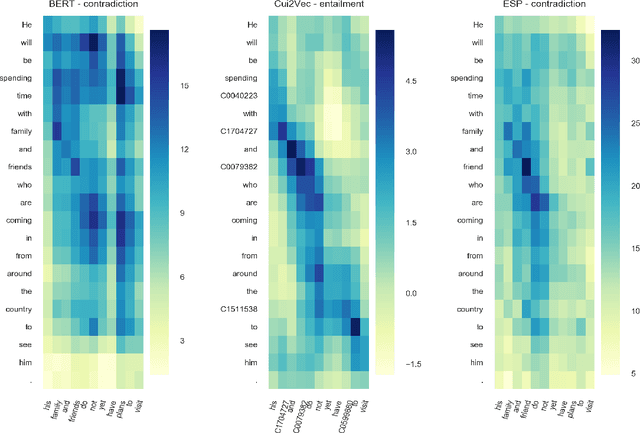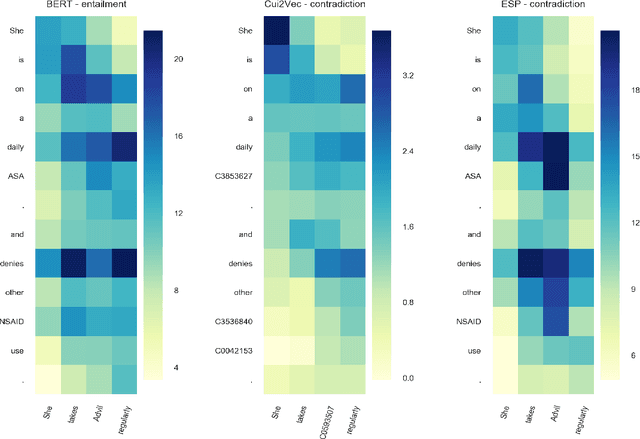William R. Kearns
Bridging the Skills Gap: Evaluating an AI-Assisted Provider Platform to Support Care Providers with Empathetic Delivery of Protocolized Therapy
Jan 08, 2024



Abstract:Despite the high prevalence and burden of mental health conditions, there is a global shortage of mental health providers. Artificial Intelligence (AI) methods have been proposed as a way to address this shortage, by supporting providers with less extensive training as they deliver care. To this end, we developed the AI-Assisted Provider Platform (A2P2), a text-based virtual therapy interface that includes a response suggestion feature, which supports providers in delivering protocolized therapies empathetically. We studied providers with and without expertise in mental health treatment delivering a therapy session using the platform with (intervention) and without (control) AI-assistance features. Upon evaluation, the AI-assisted system significantly decreased response times by 29.34% (p=0.002), tripled empathic response accuracy (p=0.0001), and increased goal recommendation accuracy by 66.67% (p=0.001) across both user groups compared to the control. Both groups rated the system as having excellent usability.
UW-BHI at MEDIQA 2019: An Analysis of Representation Methods for Medical Natural Language Inference
Jul 09, 2019



Abstract:Recent advances in distributed language modeling have led to large performance increases on a variety of natural language processing (NLP) tasks. However, it is not well understood how these methods may be augmented by knowledge-based approaches. This paper compares the performance and internal representation of an Enhanced Sequential Inference Model (ESIM) between three experimental conditions based on the representation method: Bidirectional Encoder Representations from Transformers (BERT), Embeddings of Semantic Predications (ESP), or Cui2Vec. The methods were evaluated on the Medical Natural Language Inference (MedNLI) subtask of the MEDIQA 2019 shared task. This task relied heavily on semantic understanding and thus served as a suitable evaluation set for the comparison of these representation methods.
 Add to Chrome
Add to Chrome Add to Firefox
Add to Firefox Add to Edge
Add to Edge